Optimal Timing for Ceiling Scrapings
Ceiling scrapings are most effectively performed during specific conditions to ensure safety and quality. Timing considerations include environmental factors, building occupancy, and maintenance schedules. Proper scheduling can minimize disruptions and optimize results.
Perform ceiling scrapings during dry, mild weather to prevent moisture-related issues and ensure proper adhesion of materials.
Schedule during periods of low occupancy or planned closures to reduce inconvenience and allow thorough work.
Coordinate with maintenance schedules to align with other building upkeep activities for efficiency.
Spring and fall are generally ideal seasons, avoiding extreme temperatures and humidity levels.
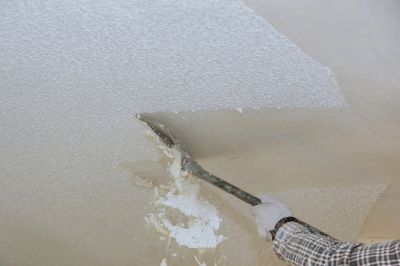
Ways to make Ceiling Scrapings work in tight or awkward layouts.
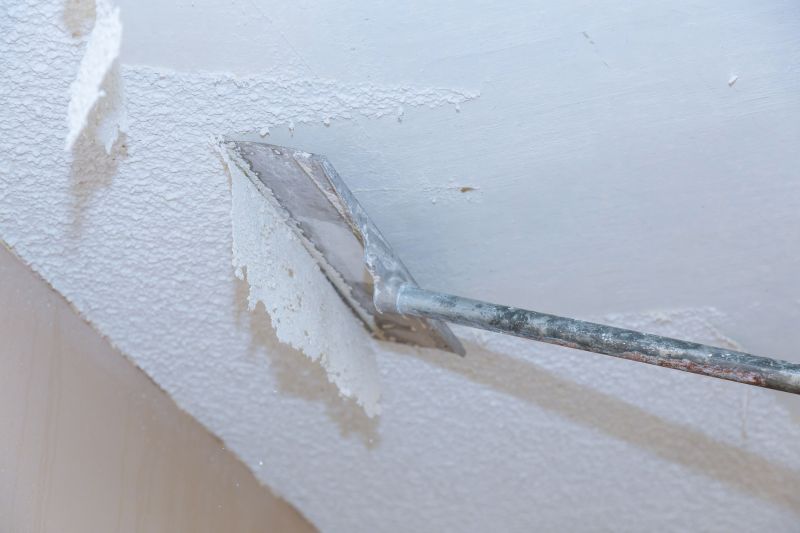
Popular materials for Ceiling Scrapings and why they hold up over time.
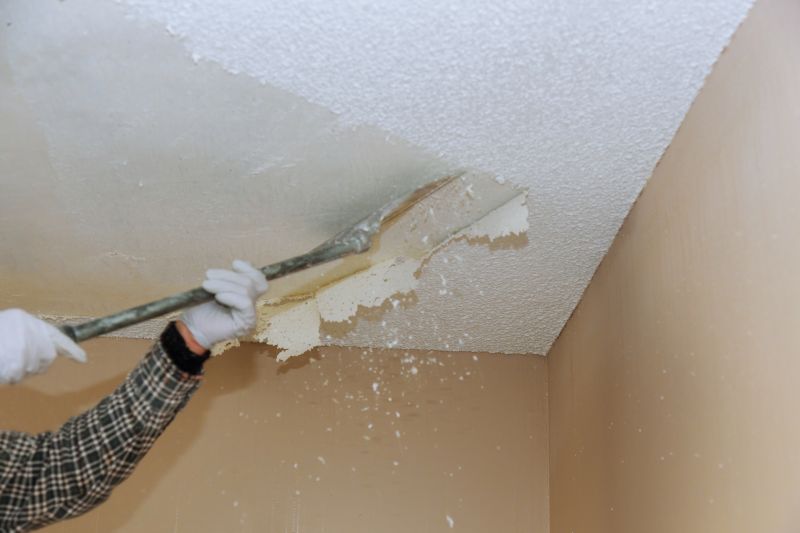
Simple add-ons that improve Ceiling Scrapings without blowing the budget.
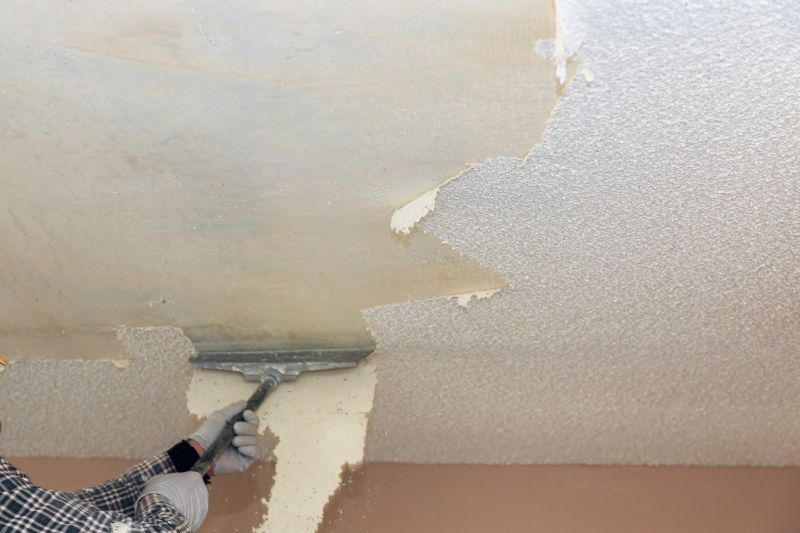
High-end options that actually feel worth it for Ceiling Scrapings.
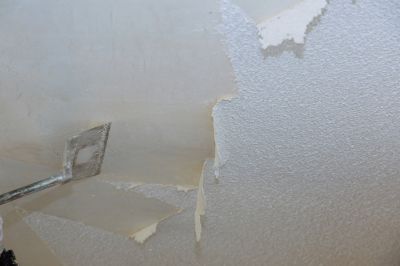
Finishes and colors that play nicely with Ceiling Scrapings.
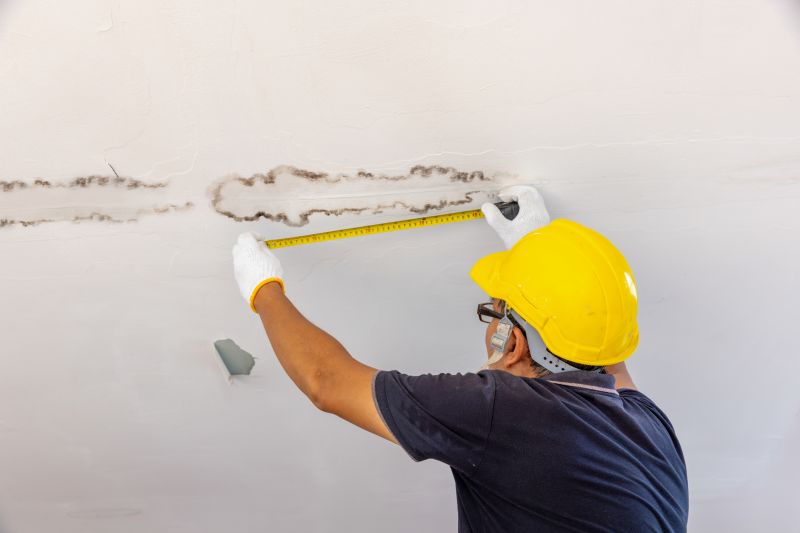
Little measurements that prevent headaches on Ceiling Scrapings day.
Ceiling scrapings involve removing old paint, coatings, or surface materials from ceilings to prepare for new finishes or repairs. This process requires careful planning to ensure safety, quality, and efficiency. Proper timing reduces the risk of rework and ensures the longevity of the applied finishes.
Statistics indicate that scheduling ceiling scrapings during optimal weather and low occupancy periods can reduce project duration by up to 20%. Additionally, performing work in suitable seasonal windows minimizes the likelihood of moisture-related issues, which can cause delays or surface defects.
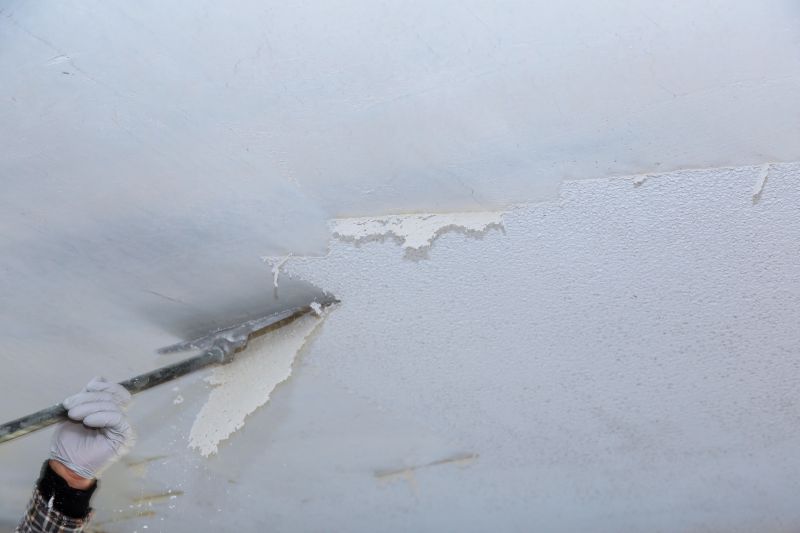
A 60-second routine that keeps Ceiling Scrapings looking new.
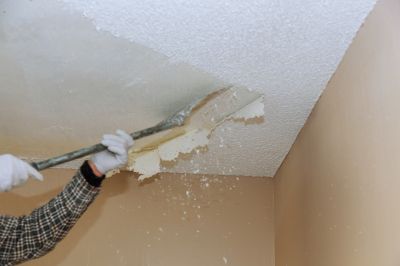
A frequent mistake in Ceiling Scrapings and how to dodge it.
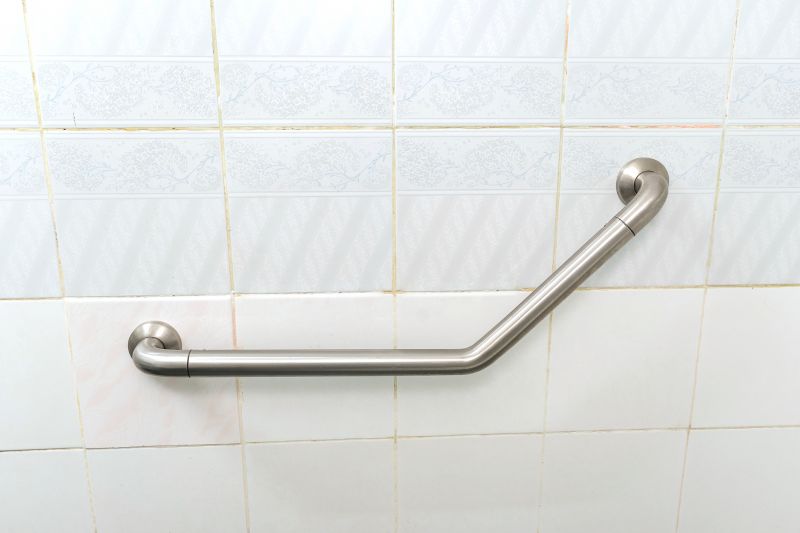
Small tweaks to make Ceiling Scrapings safer and easier to use.
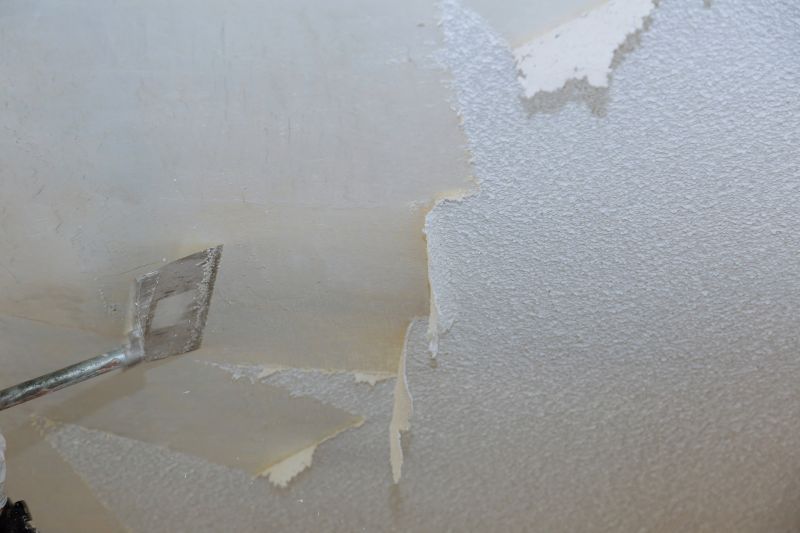
Lower-waste or water-saving choices for Ceiling Scrapings.
| Timing Factor | Impact on Ceiling Scrapings |
|---|---|
| Weather Conditions | Dry, mild weather prevents moisture issues and ensures adhesion. |
| Occupancy Levels | Scheduling during low occupancy reduces disruptions. |
| Seasonal Timing | Spring and fall offer optimal temperature and humidity. |
| Project Deadlines | Advance planning allows sufficient drying and curing. |
| Building Usage | Align with periods of planned closures or maintenance. |
| External Factors | Avoid scheduling during extreme heat or cold. |
| Material Compatibility | Ensure environmental conditions match material specifications. |
| Safety Considerations | Plan for safe access and ventilation during work. |



